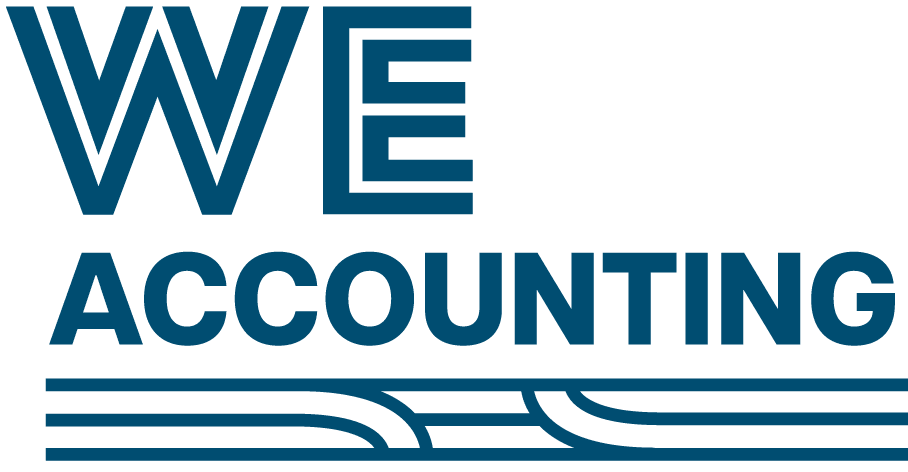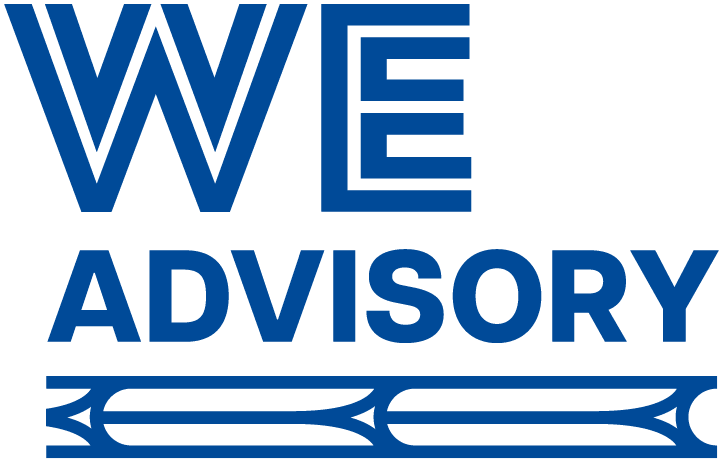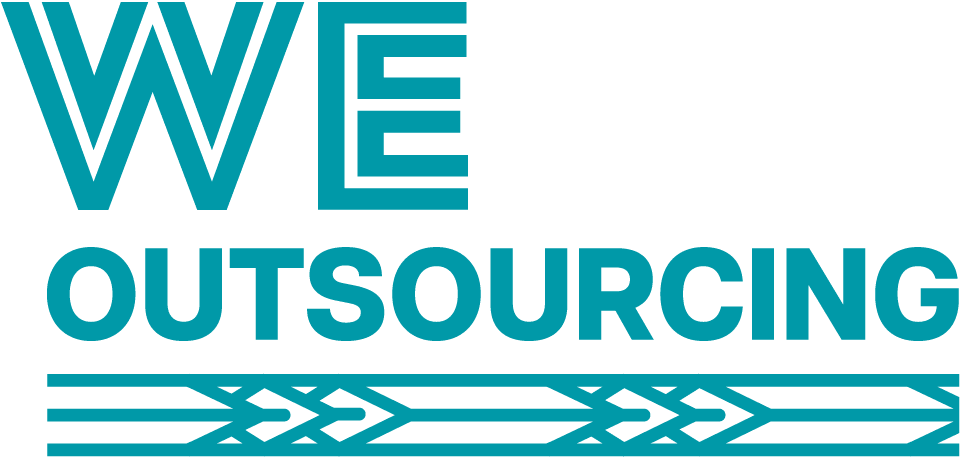Managing taxes efficiently is crucial for the success and growth of small to medium businesses in New Zealand.
Here are some valuable Tax Tips for Businesses in New Zealand, to help you optimize your financial strategy for your business in New Zealand.
1. Put aside your tax money:
Here’s a strategy you can use, as a general rule of thumb, to ensure you have money at tax time.
- Set aside 35% of your sales revenue into a dedicated savings account.
- This is broken down into:
- 15% for GST: This portion will ensure that you have the necessary funds to cover your GST liabilities at the end of each GST period.
- 20% for End of Year tax. Putting aside this money will ensure you have funds to pay your End of Year taxes. *This amount will differ, company to company.
*It's important to note that the above information is a rough guide and simple strategy. You should contact your accountant or book in some time with us to discuss the best amounts for you, as everyone’s situation may be different.
2. Claim all eligible expenses:
Keep detailed records of all business-related expenses, including receipts and invoices. Ensure you claim deductions for expenses such as rent, utilities, office supplies, and professional fees.
3. Utilize depreciation:
Take advantage of depreciation for your business assets. In New Zealand, businesses can claim depreciation on certain assets over time, reducing taxable income.
4. Explore tax credits:
Investigate available tax credits, such as research and development credits. Be aware of eligibility criteria and take advantage of any incentives provided by the government to support innovation.
5. Consider fringe benefit tax (FBT):
Understand the implications of Fringe Benefit Tax and explore ways to structure employee benefits to minimize FBT. Seek professional advice to ensure compliance while optimizing benefits.
6. Claim your use of home office expenses:
If you operate your business from home, claim deductions for the portion of your home used for business purposes. This may include a percentage of rent or mortgage interest, utilities, and insurance.
7. Stay compliant with tax laws:
Keep abreast of changes in tax laws and regulations to ensure compliance. Non-compliance can result in penalties and fines that could be avoided with proper knowledge and adherence to tax requirements.
8. Invest in training and professional development:
Training expenses for you and your employees may be eligible for deductions. Invest in skills development to enhance productivity and leverage tax benefits.
9. Use tax-free allowances:
Take advantage of tax-free allowances available for certain benefits, like employee allowances for accommodation, meals, and mileage.
10. Maximize superannuation contributions:
Contribute to employee superannuation funds, as employer contributions are generally tax-deductible. Ensure compliance with the KiwiSaver scheme and explore other retirement savings options.
11. Engage professional advice:
Consult with a qualified accountant or tax advisor to tailor strategies to your specific business needs. Their expertise can help identify additional opportunities and ensure compliance.
Implementing these Tax Tips for Businesses in New Zealand can contribute to your financial health and sustainability. Always seek professional advice to align your strategies with the latest tax regulations.
More articles of interest
Accounting Enquiry
"*" indicates required fields
